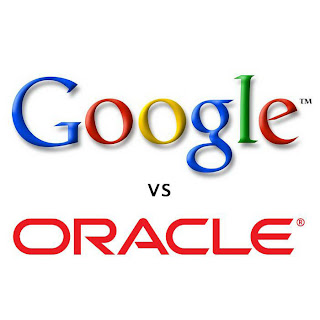Oracle had a bumpy ride in 2012. The company lost an important patent lawsuit centered on Google's Android platform, which must have hurt. In the last half of the year, a series of unpatched security flaws were discovered, leading to many industry experts recommending users remove Java from their browsers entirely.
Oracle wasn't exactly proactive with its response to the security flaws, which allowed malware to escape the Java "sandbox." Instead, the company stuck to its questionable policy of releasing patches on a restrictive and immutable schedule. To many, it looked like the company was closing the remote blinds on the office windows and hoping the problem would go away.
Still Number One
In spite of these setbacks, Java remains the shining star in Oracle's portfolio. Java maintains its position as the most used coding language in the Pypl Popularity Language Index.
The outlook for Java developers is also promising. For the second year in a row, technology professional website Dice ranked Java and J2EE developers as the most sought-after professionals in the industry.
Bye-Bye Java 6, Hello 7
Okay, Java 7 has actually been out for some time now, but plenty of enterprises and consumers are still happy with Java 6. That's going to change in February 2013, when the last public patch for Java 6 comes out. After that, you're on your own as far as Java 6 security goes.
The first patch for Java 7 is due out during the summer of 2013, so you have plenty of time to roll over from Java 6 to the new version. Just don’t leave it too late; running an obsolete version of Java is an invitation for security breaches.
New Development Tools
Oracle plans to release two new Java development tools in 2013: the Java Development Kit 8 and Java Platform, Enterprise Edition 7. Both tools reflect changes to the development and hardware landscapes.
Java Development Kit 8 improves JavaScript capabilities and adds resources for working with multicore processors, which are rapidly becoming a hardware standard. Thus, it only makes sense Oracle chose to design the dev kit with them in mind.
As for Java Platform, Enterprise Edition 7, Oracle promises easier interfaces and coding options. The new platform should require less boilerplate code, freeing up coders’ time for less mind-numbing work.
Java EE 7 also offers more features for RESTful Web Services 2.0 and HTML5 Websocket communications. Missing from the new kit are platform-as-a-service computing enhancements, which had been expected. Oracle remains committed to cloud features, but don’t expect to see such feature much before 2015.
Despite turning 18 this year, Java continues to dominate the web development industry. If Oracle can avoid more security scandals, the company can look forward to 2013.
Carl is a writer who enjoys blogging about anything and everything that crosses his mind. He’s constantly striving to strengthen his writing skills and is continuously grateful that the Internet allows him to share his thoughts with the world.

